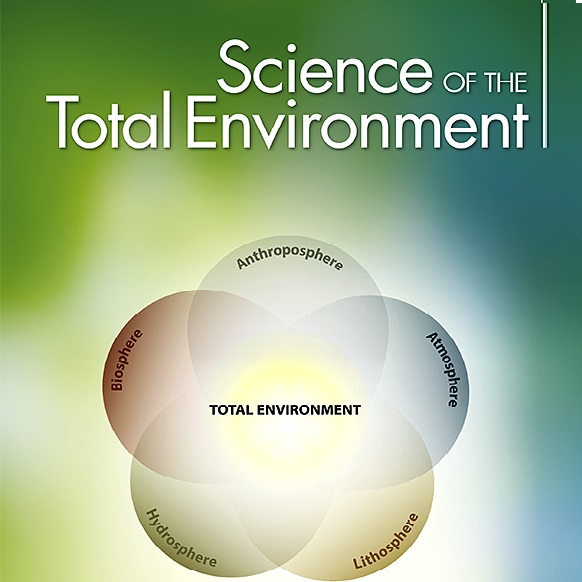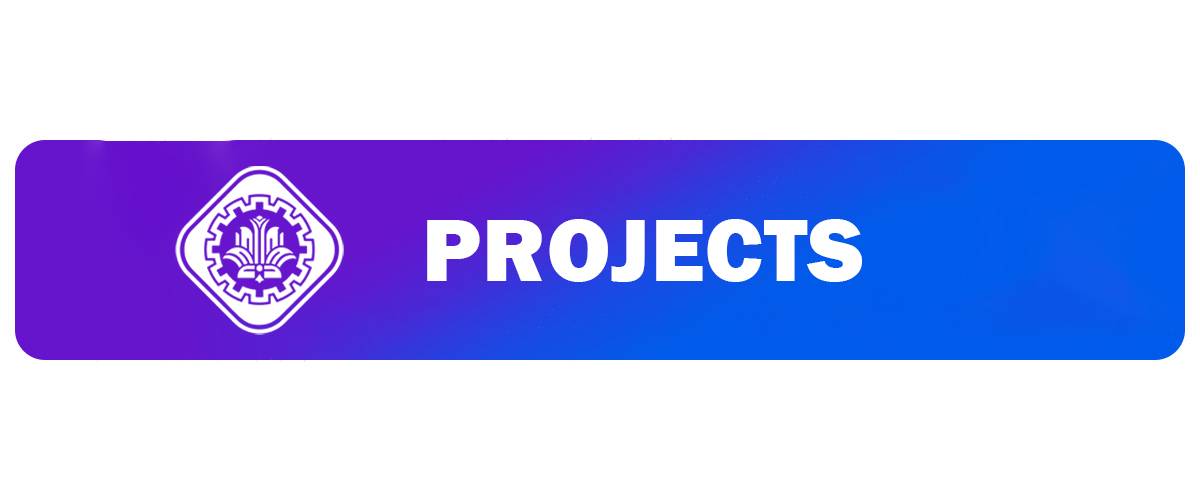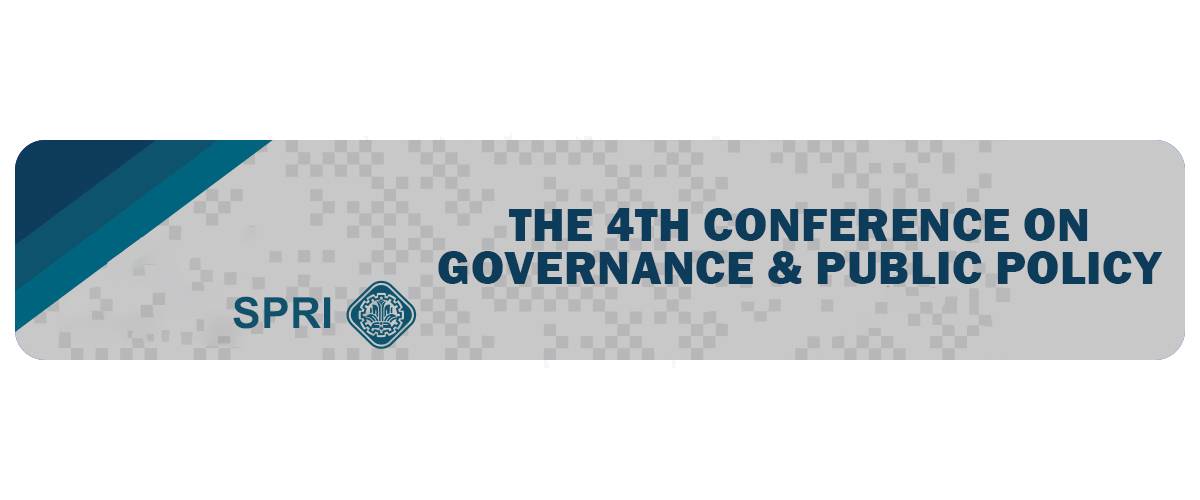Abstaract
Public procurement for innovation (PPI) has been developed and practiced as a demand-side innovation policy over the last decade. PPI not only help stimulate innovation but also could drive procurements towards a problem-solving and functional agenda (Edquist et al., 2015). In this regard, Edquist (2017) has recently conceptualised functional procurement as a newly categorised innovation-related procurement in contrast to pre-commercial, catalytic and direct innovation procurement. But, what about possible (or should-be) interplays of STS studies and functional procurement when approaching environmental problems that are of considerable societal, cultural, inclusiveness and sustainability impacts? Purpose: This paper takes preliminary steps in adopting a proactive STS view to public procurement for innovation (PPI), and more specifically to functional procurement. The paper’s cases include environmental procurements where are primarily treated as technical but that are of considerable societal, cultural, inclusiveness and sustainability impacts, such as water management systems, dam construction and water transfer projects. Methodology: As an interventionist research, the authors have participated in the national project for revitalisation of Urumieh Lake of Iran for the last two years, with an ethnography phase followed by a technical solution phase. It has retrospectively been asked by the participant observers (researchers) that how such a disastrous situation of the lake and water management system could be prevented in previous public procurements and dam construction projects? Therefore, the research is case study, normative, interventionist and retrospectively based on non-practices. Additionally, there is an ongoing practice which could shed some more light on operationalisation of the suggestion. Case: While it was articulated that public procurement for innovation (PPI), and more specifically functional procurement, had been able to provide a solution and prevent the water crises in Iran, it was also hypothesized that the main shortcoming was the lack of a proactive STS approach to the problem.


 Ali Maleki
Ali Maleki Najmoddin Yazdi
Najmoddin Yazdi.jpg)






.jpg)